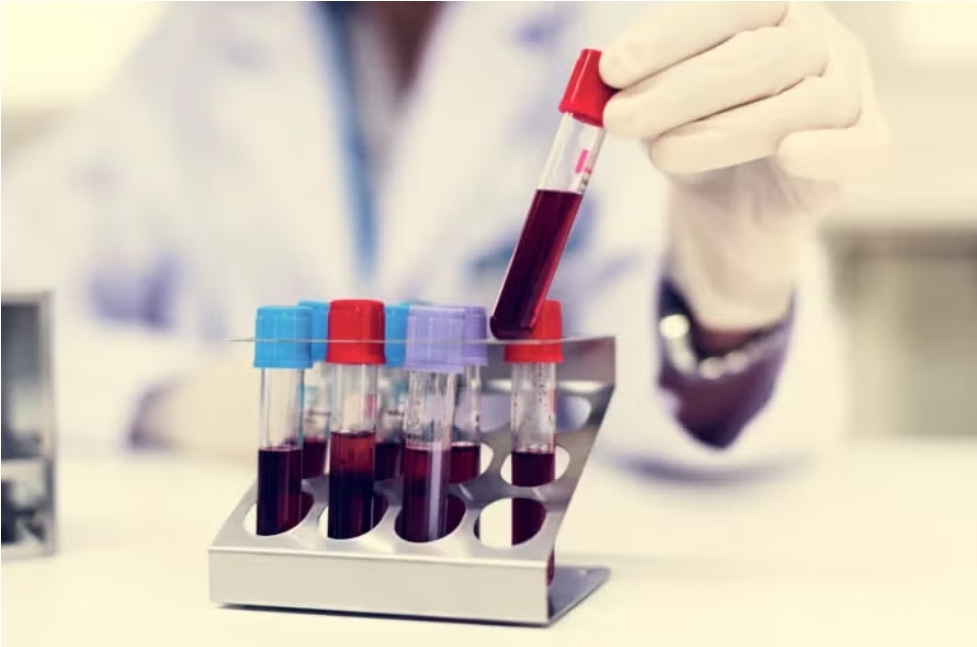SINGAPORE: A collaboration between scientists from the Yong Loo Lin School of Medicine at the National University of Singapore (NUS Medicine) and Qu Biologics Inc., a clinical-stage biopharmaceutical company, has demonstrated a major advance in the treatment of solid tumours. The research showed that combining Site Specific Immunomodulator (SSI) therapy with CAR T-cell therapy significantly improved survival rates in a preclinical study, achieving an 80% survival rate after 31 days.
In stark contrast, CAR T-cell therapy alone resulted in a 0% survival rate after just 18 days.
This development is particularly significant as CAR T-cell therapy, while highly effective against some blood cancers, has struggled to address solid tumours. Solid tumours make up over 95% of all cancers but have presented formidable challenges, such as poor infiltration of CAR T-cells and immune suppression within the tumour environment.
The new findings suggest that Qu Biologics’ QBECO SSI may overcome these barriers, enabling CAR T-cells to target solid tumours more effectively.
Prof Nicholas Gascoigne of the Immunology Translational Research Programme at NUS Medicine hailed the results. He said, “This is exciting data. The CAR T-cell field has been looking for a solution to the barriers that have prevented CAR T-cell efficacy in solid tumours. While early, the data is very promising. If CAR T-cell therapy could be effectively applied to solid tumours, it would transform the field of oncology.”
Dr Hal Gunn, CEO of Qu Biologics, echoed the enthusiasm, emphasizing the study’s clear survival advantage. “Qu’s QBECO SSI is designed to increase immune cell infiltration into solid tumours and restore immune function in the tumour. This addresses the exact challenges that have prevented CAR T-cell efficacy in solid tumours to date,” he said.
These findings could mark a turning point in cancer treatment, offering new hope for patients with solid tumours. Further research and clinical trials are expected to confirm the therapy’s efficacy and pave the way for its application in oncology.

